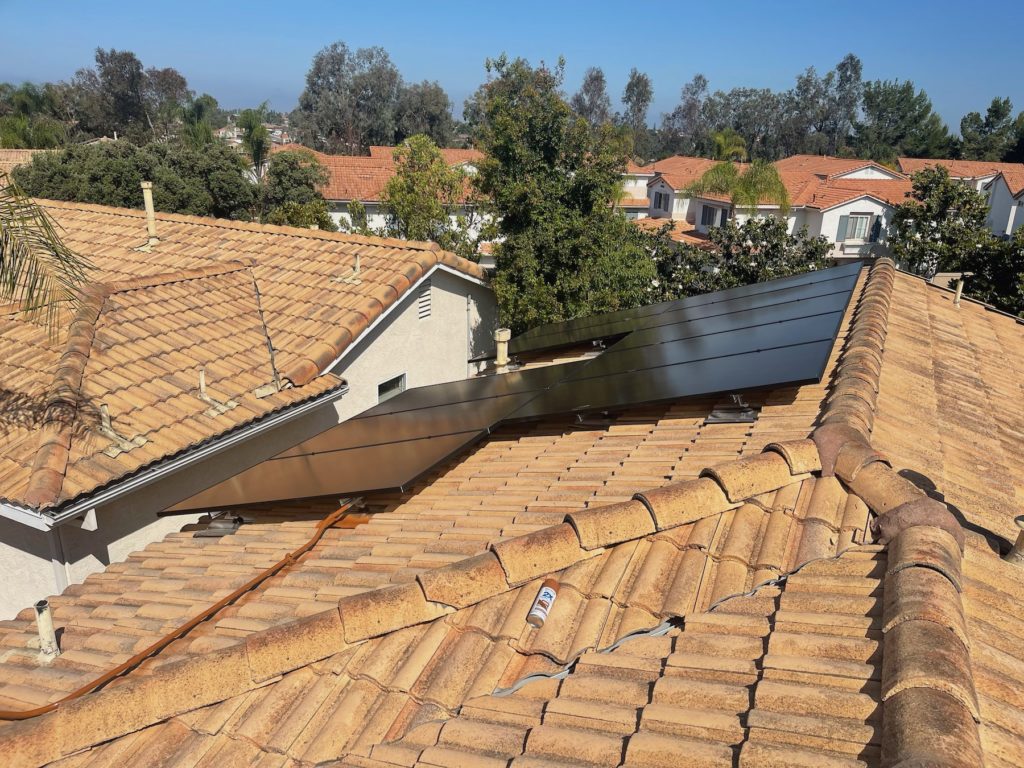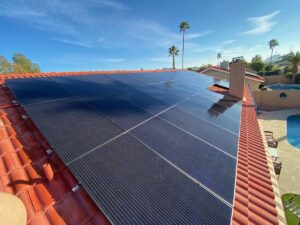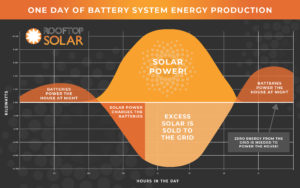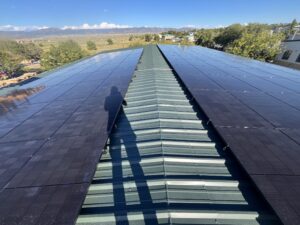
Update to an article originally published on June 23, 2021: Net Metering in San Diego is Under Attack
SDG&E, PG&E, and SCE have submitted their proposal to the California Public Utilities Commission. It is important to note that their proposal is just one added to the case for consideration, but it is very important nonetheless. It is also now clear that a new decision is set to become effective on or around January 1st, 2022 making that the important date to remember to get grandfathered for 20 years.
Lower Payback and New Charges
As we have noted previously, the proposed decrease in buyback is the most important aspect of this hearing. The joint utilities have proposed solar payback be decreased to 5.6 cents to 5.8 cents per kilowatt-hour from the current 22 to 36 cents. This is not the only change formally proposed by this group now, however. There is also a proposed additional fixed charge of $12.02 to $24.10, and a “grid benefit charge” of $7.39 to $11.09 per kilowatt of solar installed.
These proposals come as a result of the arguments these companies are presenting to the commission: namely added cost due to the strain that solar puts on the grid. It’s important to note that these findings have been strongly contested: energy.gov.
The Pro-Solar Argument
The argument against these changes is based on the observation that solar benefits the grid and is good for the economy. Diverse generation through solar adds sustainability to the grid and can be vital in the case of a blackout. As for the argument that it adds strain to the grid which has to accommodate more energy sources, batteries are the clear solution. Solar battery technology has long been rapidly advancing both in terms of research and price and would alleviate some of that strain while contributing far more power from a huge amount more sources. This had lead to many advocates calling for the CPUC to accept a proposal that incentivizes battery adoption.
The other way solar reduces strain on the grid is that it allows for less needed infrastructure to carry power long distances in cases where people self-generate. The problem of self-generation is a big one because it has not been allowed since California did away with one-to-one net metering. Berkeley published a paper on the right to self-generate, and it comes down to an American right.
Solar also provides tremendous benefits to the overall economy in several ways. The first is that it saves the average homeowners money on electric bills, which in California are particularly exorbitant, allowing them to stimulate the economy elsewhere. In addition, California leads the way in the solar energy market, employing well over 100,000 people, and solar policy needs to support this industry.
A Waiting Game
As we wait to see what the results of these hearings are going to be, it is important to consider solar now, since anyone who registers before January 1st is going to be grandfathered for 20 years. This means that new solar customers will still receive the credits currently offered under NEM 2.0. Reach out today to find out how much you can save!


